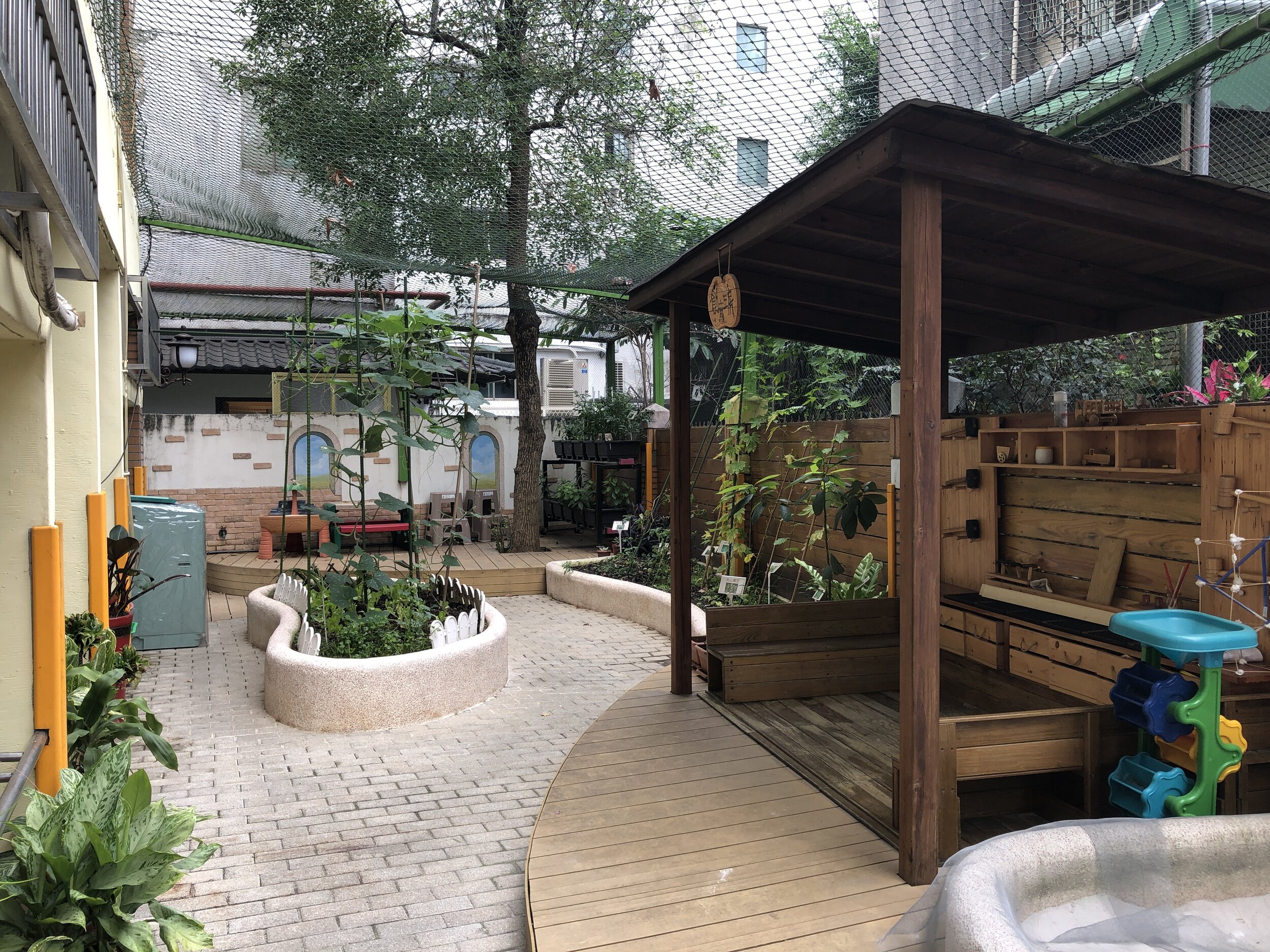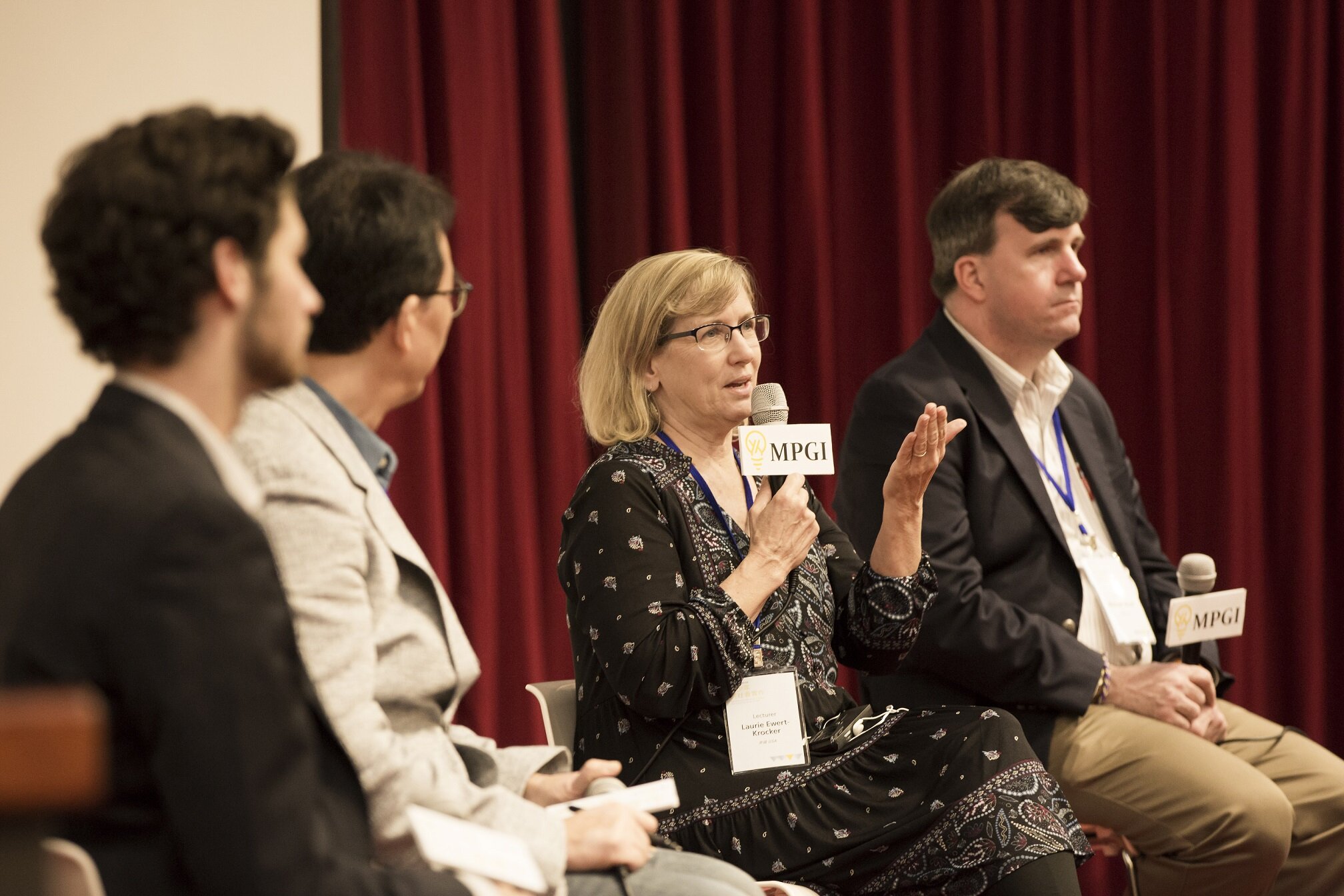interview with Fangyun Hsu, Chief Development Officer of Y2 Foundation for Future Education
What in the world would drive Fangyun Hsu, Chief Development Officer of Y2 Foundation for Future Education, to apply for leave without pay and travel to Italy on her own dime to undergo Montessori teacher training? Having spent more than 10 years working in the arts, Fangyun recalled how she felt three years ago upon deciding to join Y2: “I asked myself, what kind of job would I be willingly do without pay? My instinctive answer was ‘education.’” Without the paradigm shift through education, children are disconnected with real life learning, let alone the appreciation for the arts and culture.
Fangyun jokes that, although she works in education, she only started learning about education fairly recently. “I didn’t even know about Dr. Montessori, or that she had run an elementary and middle school.” To further understand what it means to be a “learner”, Fangyun applied for leave without pay in August 2019 and boldly set out for Bergamo, Italy to study at the International Centre for Montessori Studies Foundation (CISM - AMI Fondazione Centro Internazionale Studi Montessoriani). Under the immersive tutelage of Baiba Krumins Grazzini herself, Fangyun undertook the training for the AMI 6-12 Diploma. She recalls that “I followed Baiba’s training and immersed myself in the Montessori educational environment. In contrast to how I learned before, which was to only retain knowledge, learning by “doing” is a completely different experience. The lessons she taught by example and through her lectures had an extra weight and depth.”
Face your fears, reset, then boldly set out and explore
Fangyun explains that, even with her determination, she was extremely ill at ease in the beginning. The fear of being out of her comfort zone, her anxiety and unease, mixed with her demands of being a perfectionist all added to her stress. What’s more, the uncertainty of a sudden pandemic made her life as a teacher-in-training all the more difficult.
At this point, Fangyun sought to comfort herself with a number of mantras: “Growth comes from thrusting yourself into the unknown.” “Treat life like an experiment.” “Refusing to change is the greatest threat.” “Even with fear, you can still go on.” At first, she was only trying to survive; however, after a while, these mantras opened the door to more than surviving. She learned to accept, to reset, to surrender, to believe. Little by little, she changed and began to thrive.
“When children are confronting with challenges, does it feel as sudden and overwhelming as facing the pandemic?” Fangyun muses, firm in her belief that every individual possesses the courage and inherent ability to overcome unfamiliar situations.
“We cannot be fully prepared for everything life throws at us. All we can do is to try our best!” This faith has stood her in good stead as she mastered nine subjects, hundreds of teaching materials, and thousands of presentations!
Ignite the passion within each person
Unfortunately, the coronavirus pandemic played havoc with Fangyun’s teacher training by disrupting the Montessori method’s focus on the sense of place and learning by doing. Of the 14 international students, 10 fled Italy before it went into lockdown. High-risk, senior trainers began teaching classes on Zoom. She and her remaining classmates faced a chaotic, unpredictable life, but they became each other’s anchor in the three hours of online classes each afternoon.
This experience not only taught Fangyun to cherish her freedom, it also gave her immense respect for her Montessori trainer for her willingness to try new things.
“This is what Montessori calls ‘Adaptability’. I can see how thoroughly my trainer embodies this quality, especially when dealing with so much uncertainty.”
Fangyun explains that “Undergoing teacher training is the best decision of my life. I feel as if I have been through a delicate yet seismic shift.” She describes that, prior to teacher training, it’s like she had gone through life wearing thick, coke-bottle glasses. Now that she has taken them off, she can see the world clearly with her own eyes and discover how exciting and fun learning can be. Unlike the traditional disjointed education system, Montessori’s Cosmic Education provides students with an integrated learning experience through the Five Great Lessons: Coming of the Universe and the Earth, Coming of Life, Coming of Human Beings, Communication in Signs, and The Story of Numbers.
What unfolds before the children’s eyes is the whole picture of knowledge. These lessons open the door to understanding the universe, ignite children’s curiosity, and guide them to further explore and learn of their own volition. Fangyun explains, “When we were in school, we would go from one class to another, learning this puzzle piece of information or that piece, but never taking in the whole of the puzzle. We were not active learners, and the bits of information that we did learn remained disjointed from our life and environment.” She muses that perhaps this is why students lose their sense of curiosity or motivation for learning.
“Even though I don’t work on the front lines of education, my passion can still be reignited. If an educator can reignite their passion for learning, for life, and for all beings in the cosmos, imagine how that passion can infect those around her and fire up children’s motivation for learning!”
Fangyun knows that there is still a long way to go to promote the Montessori method in Taiwan, but she is undaunted and full of confidence!
Written by Yu-Hsiu Su
Images provided by Fangyun Hsu, Fu-Sheng Li
This article is an excerpt from Y2 2020 Annual Report.














